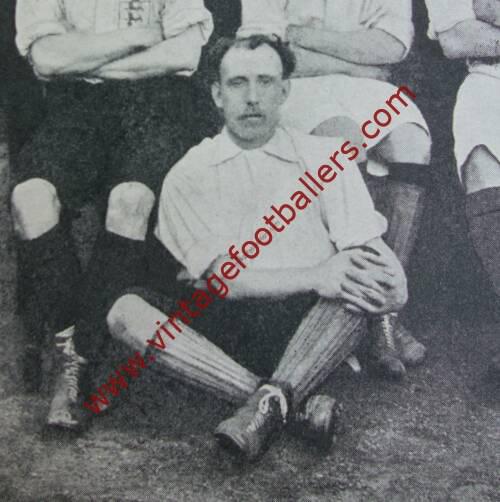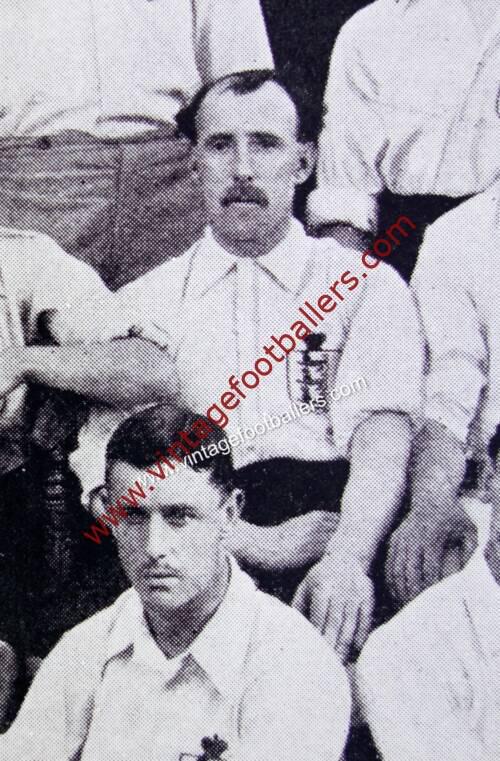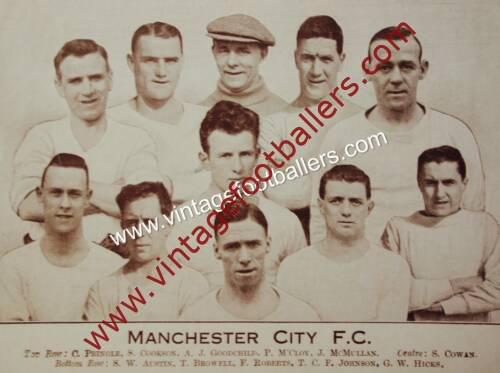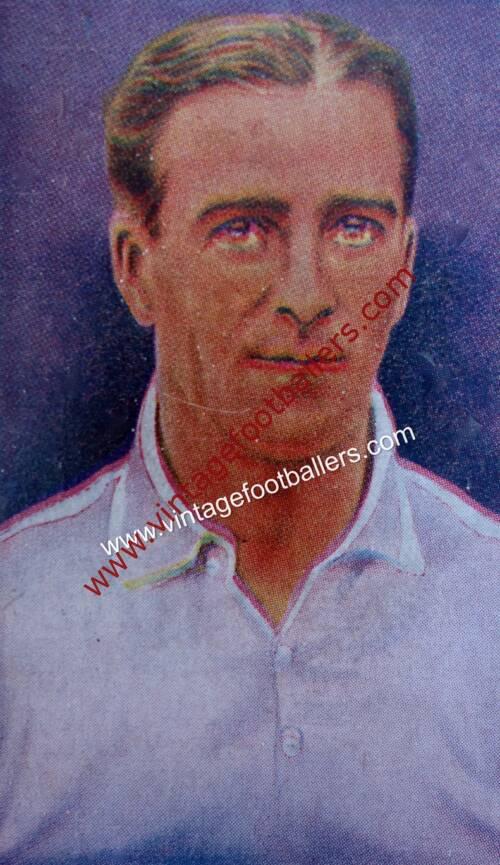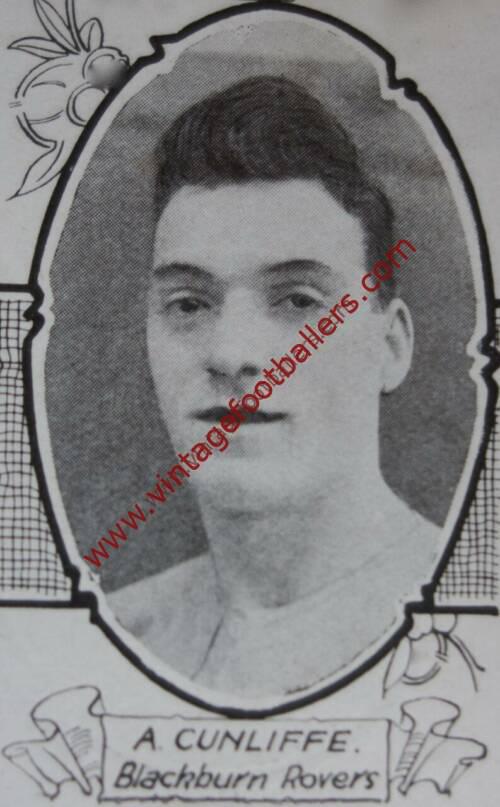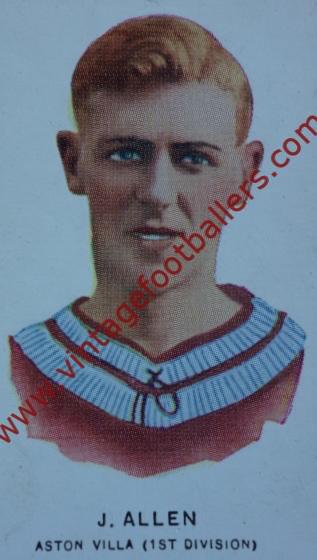Please choose your photo size from the drop down menu below.
If you wish your photo to be framed please select Yes.
Note: 16″x 20″not available in a frame.
Images can also be added to accessories. To order please follow these links
£4.95 – £49.95
Please choose your photo size from the drop down menu below.
If you wish your photo to be framed please select Yes.
Note: 16″x 20″not available in a frame.
Images can also be added to accessories. To order please follow these links
Although born in Blackburn, Lancashire, half back Jack Reynolds grew up in Ahoghill in County Antrim, Ireland and attended schools in Portglenone and Ballymena. By the age of 15 he was back in Blackburn playing with, among others, Blackburn Rovers reserves in 1884 as well as Blackburn Park Road and Witton. In December 1886 he joined the British Army and was posted back to Ireland with the East Lancashire Regiment. While in Ireland he also played for the regimental team. In May 1888 he also began playing for Distillery where his team mates included Olphert Stanfield and Billy Crone. He also played for Distillery in an FA Cup tie against one of his former clubs Blackburn Park Road. He missed the 1888-89 season due to suspension but despite this Distillery brought him out of the Army in time for the 1889-90 season and Reynolds helped the club reach the Final of the County Antrim Shield. In June 1890 he joined Ulster, a now defunct Belfast team. In 1891 Reynolds helped Ulster to finish runners-up to Linfield in both the Irish Cup and the very first Irish Football League.
Between 1890 and 1891, while playing for Distillery and Ulster, Reynolds made five appearances for Ireland, four as a half-back and one as winger. He made his debut for Ireland on 8th February 1890 in a 5-2 defeat to Wales at The Old Racecourse, Shrewsbury. Then on 15th March he played against England and scored Ireland’s only goal in the 9-1 defeat at The Ulster Cricket Ground, Belfast. This was the only international in which he played as a winger. During the 1891 British Home Championship he played in all three of Ireland’s games.
In March 1891, Reynolds joined West Bromwich Albion and it was subsequently discovered that he was actually English. He made his Football League debut against Blackburn Rovers in October the same year and during his 1891-92 debut season he scored twice in 17 League games. He also won the first of his three FA Cup winners’ medals, scoring for The Baggies in the 1892 FA Cup Final as they beat Aston Villa 3-0. During the 1892-93 season he played a further 20 games and scored one more goal for WBA. This was WBA’s first ever penalty in a First Division game coming against Nottingham Forest on 3rd April 1893. During his time with West Brom he also briefly played for Droitwich Town either as a guest or on loan in 1891. After falling out with the Albion management committee, Reynolds was sold to Aston Villa for a fee of £50 after 5 goals in 44 appearances.
While with Albion Reynolds made his England debut at the age of 23 in a 4-1 win over Scotland at Ibrox in April 1892. He scored for England on his next cap in a 6-0 win over Wales at The Victoria Ground, Stoke in March 1893, also playing in the 5-2 win against Scotland in April 1893 before moving to Aston Villa. At Villa he scored in the 2-2 draw with Scotland at Celtic Park in April 1894, but not in his only match against Ireland. He helped England win three British Home Championship titles in 1892, 1893 and 1895. Reynolds made his last appearance for England against Scotland in 1897 at the age of 28. He is the only player, barring own goals, to score for and against England and is one of two players to play for both Ireland and England. He also played for The Football League on four occasions.
His time at Aston Villa was the most successful period of his career and he was a prominent member of a very successful team, helping them win the League Championship in 1894, 1896 and 1897. Reynolds also played a further 14 times for Villa in the FA Cup and helped them win the competition in 1895 and 1897. The 1895 Final saw him face his former club WBA, when they won with what would be the fastest goal for the next 114 years. In 1897 they beat Everton 3-2 in the Final to win the Cup, but League results the same day also ensured they won “The Double”, making them the only team to date to achieve the League and Cup double on the same day.
After 17 goals in 110 games he left Aston Villa, Reynolds signed for Celtic in May 1897 for whom he scored once in 4 appearances and then joined Southern League Southampton in January 1898, where he only made 2 appearances. He joined Bristol St George’s for the 1898-99 season on a semi-professional basis as well as for Royston before a spell as a player/coach in New Zealand from 1900. He returned to The Football League to play once for Second Division Stockport County in a 5-1 home defeat to Preston North End in September 1903 and joined non league Willesden Town in 1904. He eventually retired as a player in April 1905 and worked as a coach at Cardiff City during the 1907-08 season.
Reynolds was noted as a highly competitive player with some remarkable ball skills and exceptionally brilliant footwork. He was regarded as one of the great footballers of the 1890’s and was one of the highest paid players of his generation. However, he also gained a reputation for drinking and womanising and as result much of the money he earned disappeared, in particular his heavy drinking blighted the latter part of his career.
| Weight | N/A |
|---|




